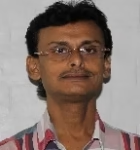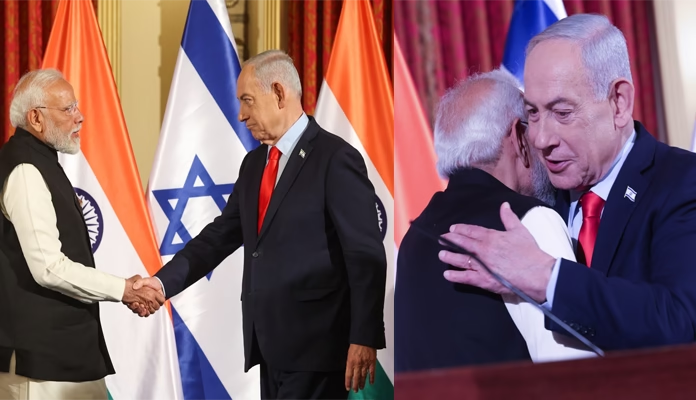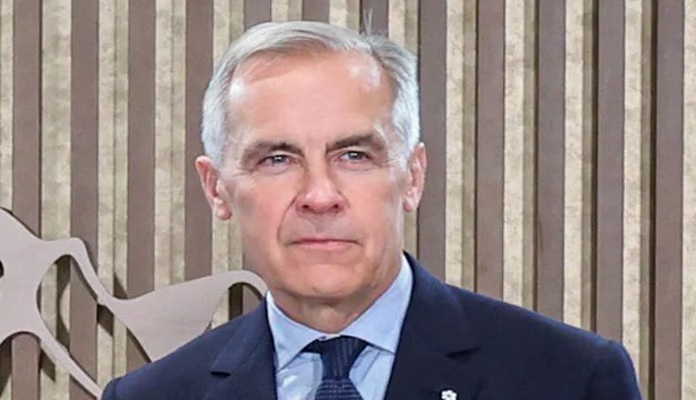 A Bold Experiment (Online Voting) in Political Engagement
A Bold Experiment (Online Voting) in Political Engagement
In a revolutionary step that defies conventional political norms, Nepal’s Gen Z activists have elected their interim Prime Minister using Discord, (Online Voting) the communication platform originally designed for gamers. This digital election underscores a new wave of participatory democracy, where technology empowers youth-led movements to directly shape the future of their nation.
Political Chaos Sparks Digital Rebellion
The political crisis in Nepal escalated after the government banned 26 major social media platforms in early September 2025, including Facebook, Instagram, and X (formerly Twitter). Seen as an authoritarian clampdown on free expression, this decision ignited massive protests led by the “Youth Against Corruption” movement.
Amid violent clashes with security forces and the eventual resignation of Prime Minister K.P. Sharma Oli, the protestors opted not to wait for traditional political processes. Instead, they took bold action by creating a digital platform of choice: Discord.
Why Discord? From Gaming to Governance
Discord evolved from a gamers’ chat app into a powerful platform for political mobilization. The “Youth Against Corruption” Discord server became the central hub where strategies, discussions, and, ultimately, the online election took place.
Over 145,000 participants from across Nepal voted in real time using Discord’s polling system. The candidates included notable figures like Sushila Karki, Harka Sampang, Sagar Dhakal, Mahabir Pun, and a wildcard candidate named “Random Nepali.” Sushila Karki emerged as the clear favorite, securing 49.7% of the votes.
NO BALLOTS NO EVMs
For the first time in the world Nepal elects it’s interim Prime Minister via Discord vote, after Gen-Z overthrew the communist KP Oli govt. pic.twitter.com/fdFBqxVwpZ
— Frontalforce 🇮🇳 (@FrontalForce) September 13, 2025
Sushila Karki: From Judiciary to Interim Leadership
Sushila Karki, Nepal’s first female Chief Justice known for her bold anti-corruption stance, was officially appointed interim Prime Minister by President Ram Chandra Paudel on September 12, 2025. Her appointment is widely regarded by protest leaders and civil society as a stabilizing force in a deeply fractured political environment.
While her appointment remains constitutionally ambiguous, Karki’s leadership is expected to serve as a temporary bridge toward general elections scheduled for March 5, 2026.
Key Insights: Digital Election vs. Traditional Politics
-
Legitimacy through Participation: Although the vote lacks legal recognition, massive participation lends it moral weight.
-
Decentralized Power: This process bypassed political elites, giving direct voice to a tech-savvy generation.
-
Risks Involved: The lack of institutional checks raises concerns over governance integrity and potential misuse.
This experiment sets a precedent and raises fundamental questions about the future of democratic governance in the digital era.
What the Future Holds
Sushila Karki’s interim government is tasked with restoring stability and ensuring transparent national elections. The success of this digital election highlights an important global trend: the rising power of decentralized political movements. As Gen Z continues to embrace technology-driven activism, traditional political institutions must adapt or risk obsolescence.
The Digital Era of Political Engagement Has Arrived
The steps taken by Nepal’s Gen Z were not merely acts of protest but represented a new form of political participation. By utilizing digital platforms like Discord, the youth challenged traditional electoral and political processes, demonstrating that technology can now play a decisive role in democracy.
This event highlights several important insights:
1. Increased Public Participation:
Over 145,000 people took part in the online voting, proving that digital platforms can effectively engage a broad population. It also shows that the younger generation can assert their opinions and choices strongly through new technologies.
2. Re-evaluating Traditional Politics:
The experiment demonstrated that traditional political parties and formal processes do not always reflect the voice of the people effectively. Options like digital voting empower citizens to make direct decisions, aligning more closely with the core principles of democracy.
3. Constitutional and Security Concerns:
Although this was a temporary and informal election, its legitimacy raises legal questions. If such online voting systems are adopted on a larger scale in the future, issues of security, privacy, and data protection will become critically important.
4. Lessons for Global Politics:
Nepal’s experiment is not just a national example; it provides a lesson for global democracy. Digital platforms could enhance youth participation in other countries as well. Establishing safe and secure frameworks will be essential for the future of democratic governance.
5. Youth Leadership and Responsibility:
The election of Sushila Karki and the active participation of the youth indicate that the new generation is not only capable of protesting but also of leadership and decision-making. This signals positive potential for political stability and social transformation in the future.
Final Thoughts:
Nepal’s Gen Z has made it clear that the future of democracy will be technology-driven, with youth, digital platforms, and transparent processes playing a major role. This experiment serves both as a warning and guidance for the politics of tomorrow—where democracy can become more empowered, inclusive, and technologically adept, but simultaneously requires careful protection and security.





